Mutation
A mutation is a change in the DNA sequence of an organism. It can occur due to various factors such as exposure to radiation, chemicals, or errors during DNA replication. Mutations can have different effects on an organism's traits, and they are the source of genetic diversity in populations.
Types of Mutations
There are several types of mutations:
- Point Mutation: A single nucleotide is changed, which can lead to the production of a different protein.
- Insertion: An extra nucleotide is inserted into the DNA sequence, which can cause a shift in the reading frame during protein synthesis.
- Deletion: A nucleotide is removed from the DNA sequence, which can also cause a shift in the reading frame.
- Substitution: One nucleotide is replaced by another, which can lead to the production of a different amino acid in the protein.
- Frameshift Mutation: Insertion or deletion of nucleotides that shifts the reading frame, leading to a completely different protein sequence.
Effects of Mutations
Mutations can have various effects on an organism:
- Silent Mutation: A mutation that does not result in a change to the amino acid sequence of a protein.
- Missense Mutation: A mutation that causes a change in the amino acid sequence of a protein, which can alter its function.
- Nonsense Mutation: A mutation that leads to the formation of a premature stop codon, resulting in a shorter and usually nonfunctional protein.
- Beneficial Mutation: Rare mutations that confer an advantage to the organism in its environment.
- Neutral Mutation: Mutations that have no effect on the organism's fitness.
- Deleterious Mutation: Mutations that are harmful to the organism, often leading to genetic disorders or diseases.
Study Guide
Here are some key points to remember when studying mutations:
- Understand the different types of mutations and their specific effects on DNA and protein synthesis.
- Learn how mutations contribute to genetic diversity and evolution in populations.
- Explore real-life examples of mutations and their impact on human health and the environment.
- Practice identifying and interpreting mutations in DNA sequences and understanding their potential consequences.
- Discuss the ethical implications of genetic engineering and gene editing technologies in the context of mutations.
Remember to review the mechanisms of DNA replication, transcription, and translation, as mutations can occur during these processes and influence the genetic makeup of an organism.
By understanding mutations and their significance, you will gain valuable insights into the complexity of genetics and the role of mutations in driving biological diversity.
[Mutation] Related Worksheets and Study Guides:
.◂Science Worksheets and Study Guides Seventh Grade. Cell Reproduction
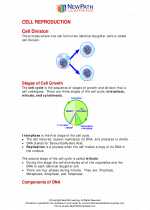
 Activity Lesson
Activity Lesson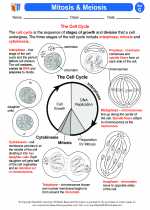
 Worksheet/Answer key
Worksheet/Answer key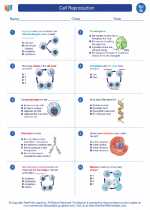
 Worksheet/Answer key
Worksheet/Answer key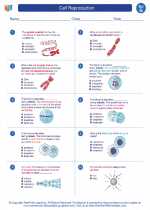
 Worksheet/Answer key
Worksheet/Answer key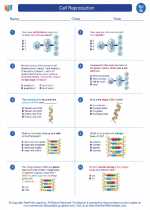
 Vocabulary/Answer key
Vocabulary/Answer key
 Vocabulary/Answer key
Vocabulary/Answer key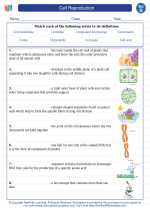
 Vocabulary/Answer key
Vocabulary/Answer key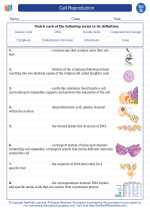
 Vocabulary/Answer key
Vocabulary/Answer key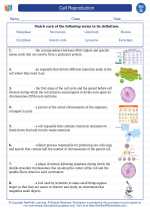
 Vocabulary/Answer key
Vocabulary/Answer key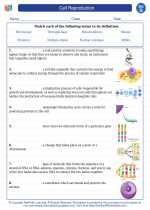
 Vocabulary/Answer key
Vocabulary/Answer key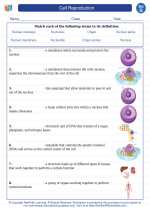
 Vocabulary/Answer key
Vocabulary/Answer key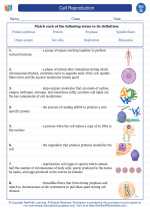
 Vocabulary/Answer key
Vocabulary/Answer key
